Meet Dr. Mona Nabil Demaidi—a force of innovation and leadership.
From shaping the AI landscape in Palestine to empowering women in tech globally, her journey is one of breaking barriers and building a more inclusive future.
Bio
Dr. Mona Nabil Demaidi is a trailblazing entrepreneur, AI expert, and advocate for women’s rights with a strong foundation in academia and technology. She holds a Ph.D. in Artificial Intelligence and an MSc with distinction in Software Engineering and Data Management from the University of Manchester, UK. Dr. Demaidi has significantly contributed to advancing AI in Palestine, including developing the Palestinian Artificial Intelligence National Strategy and launching the UNESCO AI and Ethics policy report for Palestine.
As the founder and CEO of STEMpire, Dr. Demaidi is committed to fostering the AI ecosystem in Palestine through training programs and outsourcing opportunities. She also serves as the chairwoman of the Intersect Innovation Hub and has held leadership roles in global organizations, such as Women in Engineering and Arab Women in Computing. Her work has earned her numerous accolades, including the 2022 UNESCO award for the most influential woman in STEM in the MENA region.
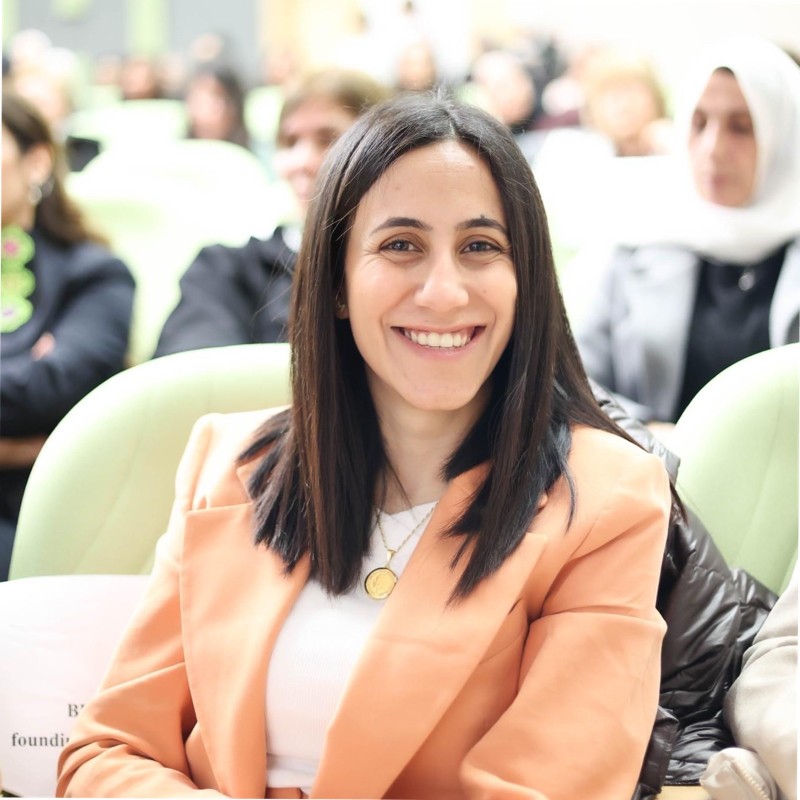
The Conversation
Thank you so much, Mona, for joining me today! To start, could you introduce yourself and share a bit about your background?
Mona: My name is Mona Demaidi. I’m an assistant professor at the Arab American University, where I serve as the Dean of the Faculty of Digital Sciences and as Director of International Relations. In addition to my work in academia, I’m the Chairwoman of Intersect Innovation Hub, an incubator under the Bank of Palestine Group that supports startups and the Palestinian entrepreneurial ecosystem. I also run my own consultancy company, STEMpire. That’s me in a nutshell!
Impressive! You’re wearing so many hats—what inspired you to pursue these different paths in academia and entrepreneurship?
Mona: I always consider myself fortunate to have had the chance to travel and study abroad. I did my master’s and PhD at the University of Manchester in the UK, and being there really opened my eyes to how precious opportunities for exploration and networking are. When I returned to Palestine in early 2016, I joined An-Najah National University in Nablus—an area with a strong identity, deeply rooted in the northern West Bank. I started as an assistant professor and was the youngest in my department, which was quite special because I ended up working alongside people who had actually been my professors during my undergrad years.
At that time, I didn’t fully understand the local challenges, but as I spent more time with the students, hearing their stories and learning about their struggles, I was really struck. For me, it had never been difficult to network, travel, or continue my education, but for my students, these were big challenges. That realization was my first eye-opener.
So, initially, I was just delivering my courses. But then I thought, why not focus on extracurricular activities that could broaden their horizons?
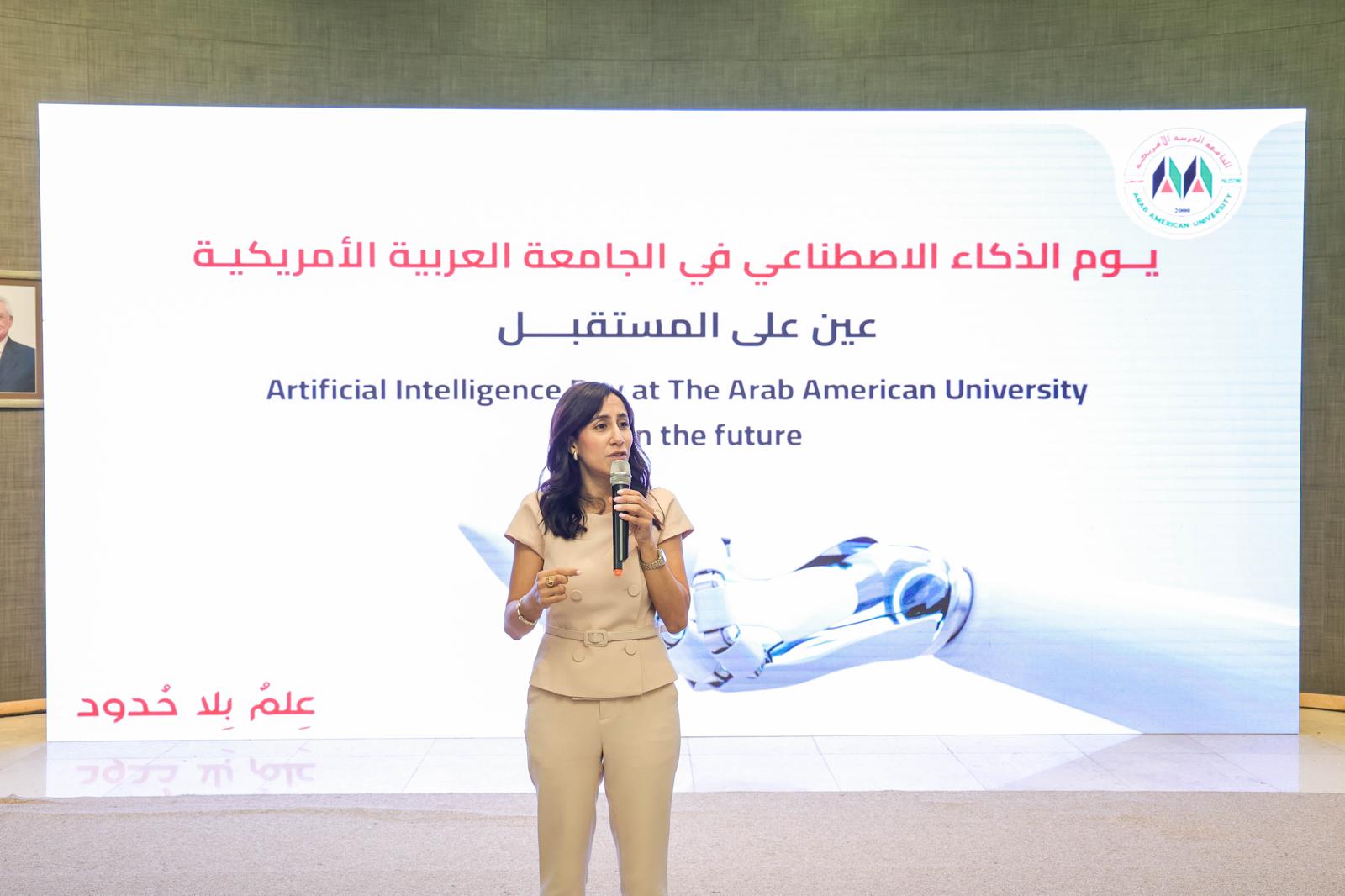
That’s a great perspective! What steps did you take to help your students overcome those barriers?
Mona: Well, in Palestine, 50% of the students in engineering and computer science are women—something you don’t see in Europe or the US. So I asked myself, what can I do for these brilliant female students? I began posting opportunities for them to travel abroad, and at first, I received zero applications. I was so surprised! Here were these talented, capable young women, yet they weren’t applying.
So, I dug a little deeper. I spoke with them, trying to understand why. It came down to three main things: a lack of confidence, a lack of support from their families, and perhaps most importantly, the absence of visible female role models who were excelling in these fields. That last part really resonated with me. So, we shifted to creating local opportunities, like having them participate in online coding competitions with students from the US and Europe. They got involved with IEEE’s (Institute of Electrical and Electronics Engineers) Women in Engineering groups, and in 2019, these students organized the first-ever Women in Engineering Conference in Palestine. Seeing that impact, I realized I could actually do more than just teach—I could help shape the ecosystem.
That’s when I started working with universities across Palestine, not just in the West Bank but also in Gaza. We created connections between students, exposed them to international networks, and offered training opportunities.
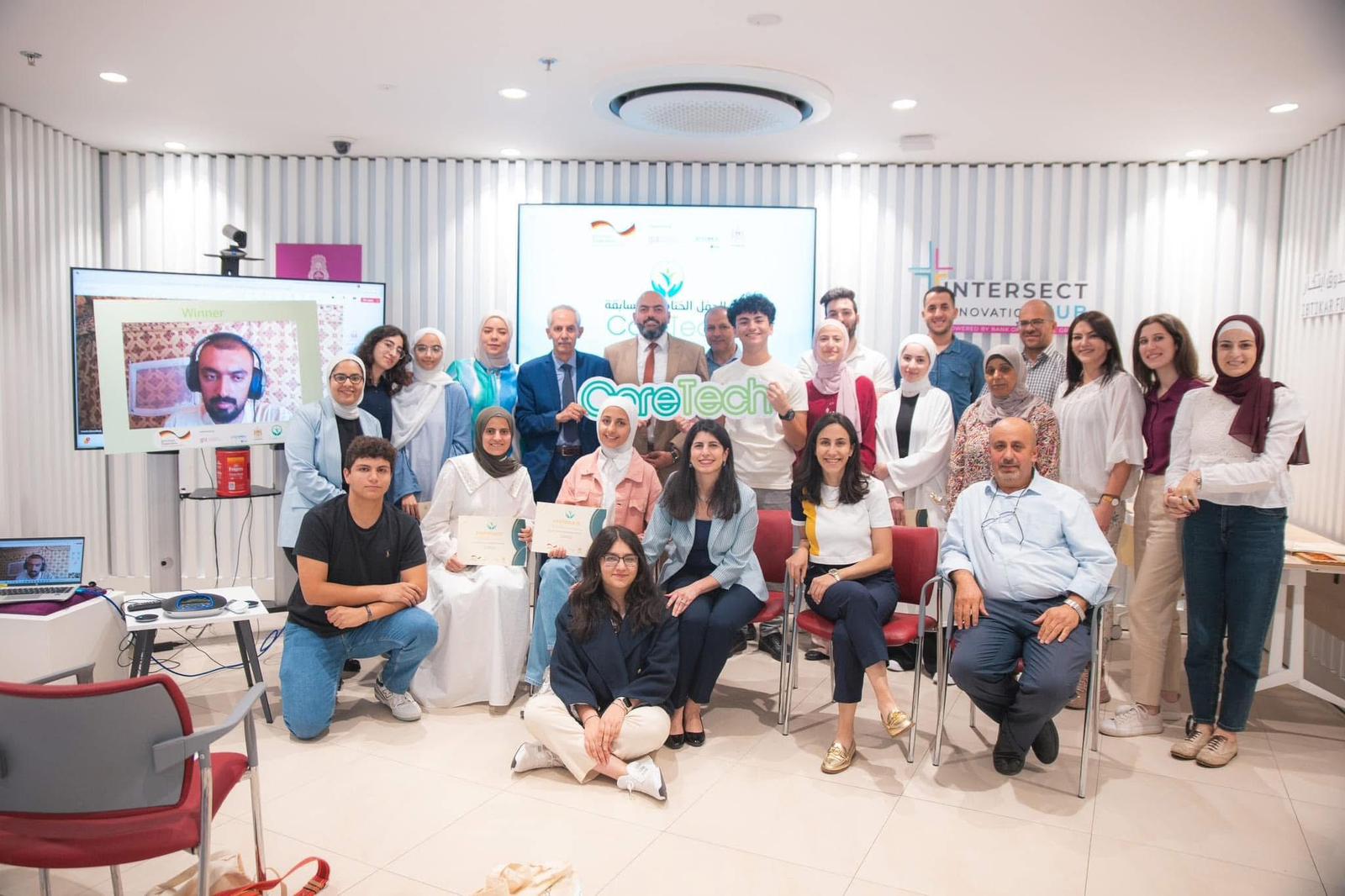
How did this experience lead you into entrepreneurship?
Mona: Once I got deeper into the tech ecosystem, I realized we needed to incorporate entrepreneurship skills on top of technical training. I introduced courses on critical thinking to help students become more adaptable, and then I started volunteering as a judge in entrepreneurship competitions. This gave me insights into the broader ecosystem.
Then, in 2019, I was approached by the Bank of Palestine, known for its commitment to social responsibility, to join the board of their new NGO, Intersect Innovation Hub. They wanted me to be part of this initiative to foster tech startups. Now, there were incredible people on this board, people more experienced than I was, so I said to them, “Are you sure you want me on this board?” But the chairman, Hashim Shawa, was committed to empowering women and gave me the opportunity. I was nervous and felt out of my depth, so I asked one of the board members—who was a mentor to me—to guide me through that first year. And she did. By the end of it, she told me I was ready to take on the role of Deputy Chairwoman. Within two years, I became the Chairwoman of the board.
For me, this journey was about understanding the needs of the ecosystem and being lucky enough to have people who believed in women’s empowerment. I still seek mentorship today, by the way! I feel like I owe so much to those who mentored and empowered me. That’s the only way I could have reached this position.
And from there?
Mona: The ecosystem became a passion. I wanted to bridge gaps where I saw them. In 2021, I established my own consultancy because I wanted to apply my knowledge more directly. That same year, I was approached by the United Nations, and they asked me to help the Palestinian government develop its national AI strategy.
At first, I thought, “Are you sure?” I’d never worked with the government before, and I had no idea how to navigate that space. But they trusted me, and that trust motivated me to push my boundaries. I remember meeting with the Minister of telecommunication and technology, and he asked me, “Mona, what can we do with AI here in Palestine?” And I remember thinking, “That’s a big question!” But we rolled up our sleeves and started building from scratch. We looked at AI possibilities that could actually serve Palestine’s specific needs, and I brought in what I’d learned from both academia and the entrepreneurial world to help shape this strategy.
Yes, I knew we had issues in terms of having data related to AI, andI wasn’t sure what exactly to target. I spent the first three months searching for data, which was almost nonexistent in the ecosystem. I had to talk to people in the private sector, academia, startups, government, and even those abroad who were familiar with developing AI national strategies. After three months, I finally presented my findings to a national team of about 17 people.
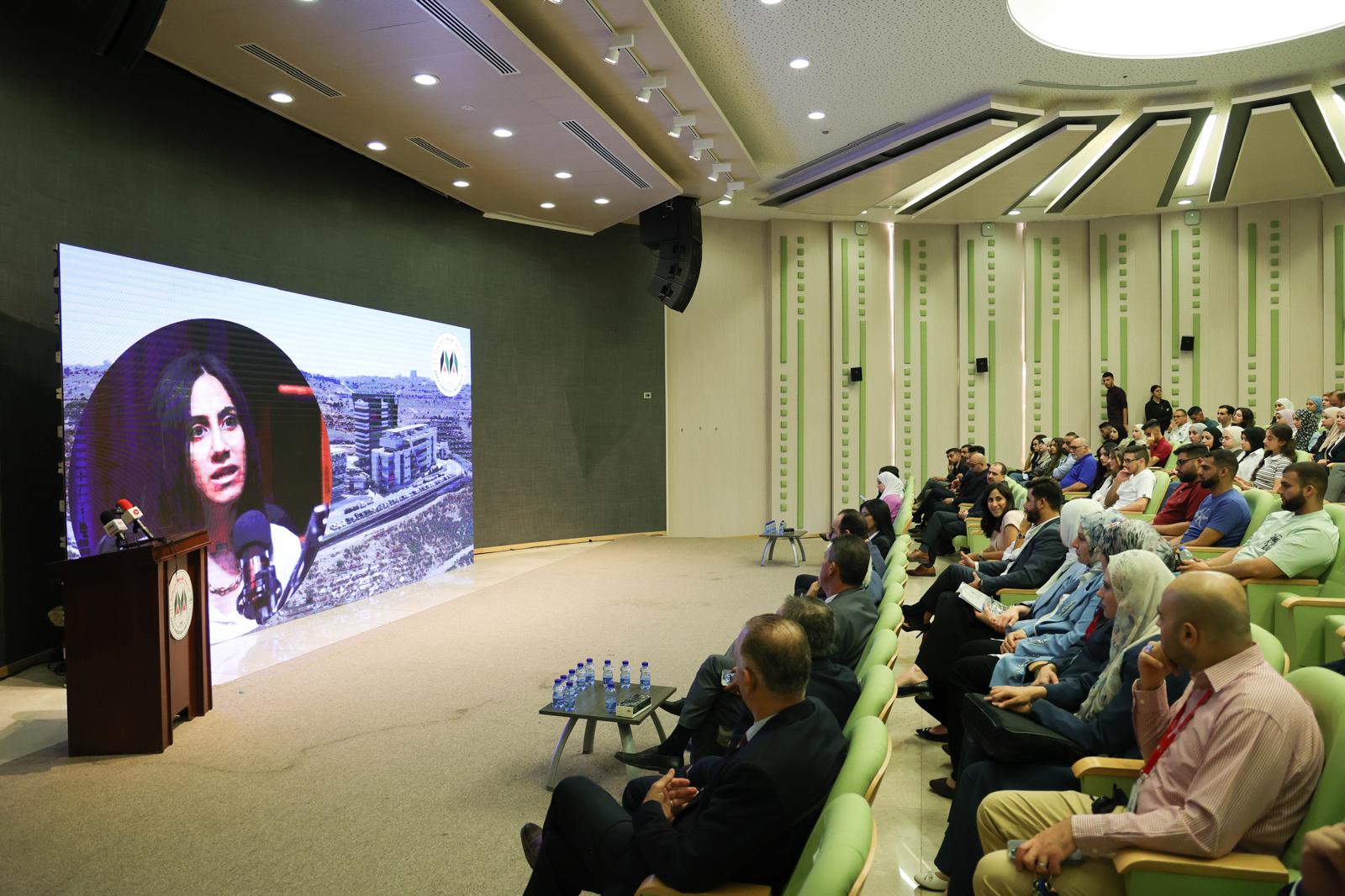
That must have been challenging. How did they react when you presented your findings?
Mona: Walking into that room, I could feel the tension—they thought, ‘She’s too young to lecture us on AI.’ I could sense that right away. But once I started talking, their focus shifted. They began concentrating on the strategy itself rather than my age. It took them a while to adjust, but eventually, everything started to move forward. The entire cabinet later approved the strategy, and I even discussed it with the Prime Minister.
It sounds like a turning point. How did that success impact your career afterward?
Mona: It was. After that, I became deeply involved in all AI-related developments in Palestine. Now I’m working on AI policies with UNESCO, running bootcamps, and I recently launched a program called ‘AI for Women in Business.’ We’re empowering women with small businesses to use AI for content creation, videos, and Reels. Most of them are in their 50s, which isn’t the typical age group for learning AI, but they’re embracing it. We just finished a batch of 19 women and will expand to 80 soon.
That’s incredible! And on a personal level, what keeps you motivated? You juggle so many roles. What drives you?
Mona: Honestly, my family and friends have been my biggest motivation. From day one, I surrounded myself with positive, successful people who encouraged me. I also have friends who are experts in various fields, which helps me stay updated and inspired. But there were definitely challenges—especially as a woman. When I returned to Palestine, there were only four female lecturers in my department out of 14. In meetings, we didn’t even feel like we had a voice.
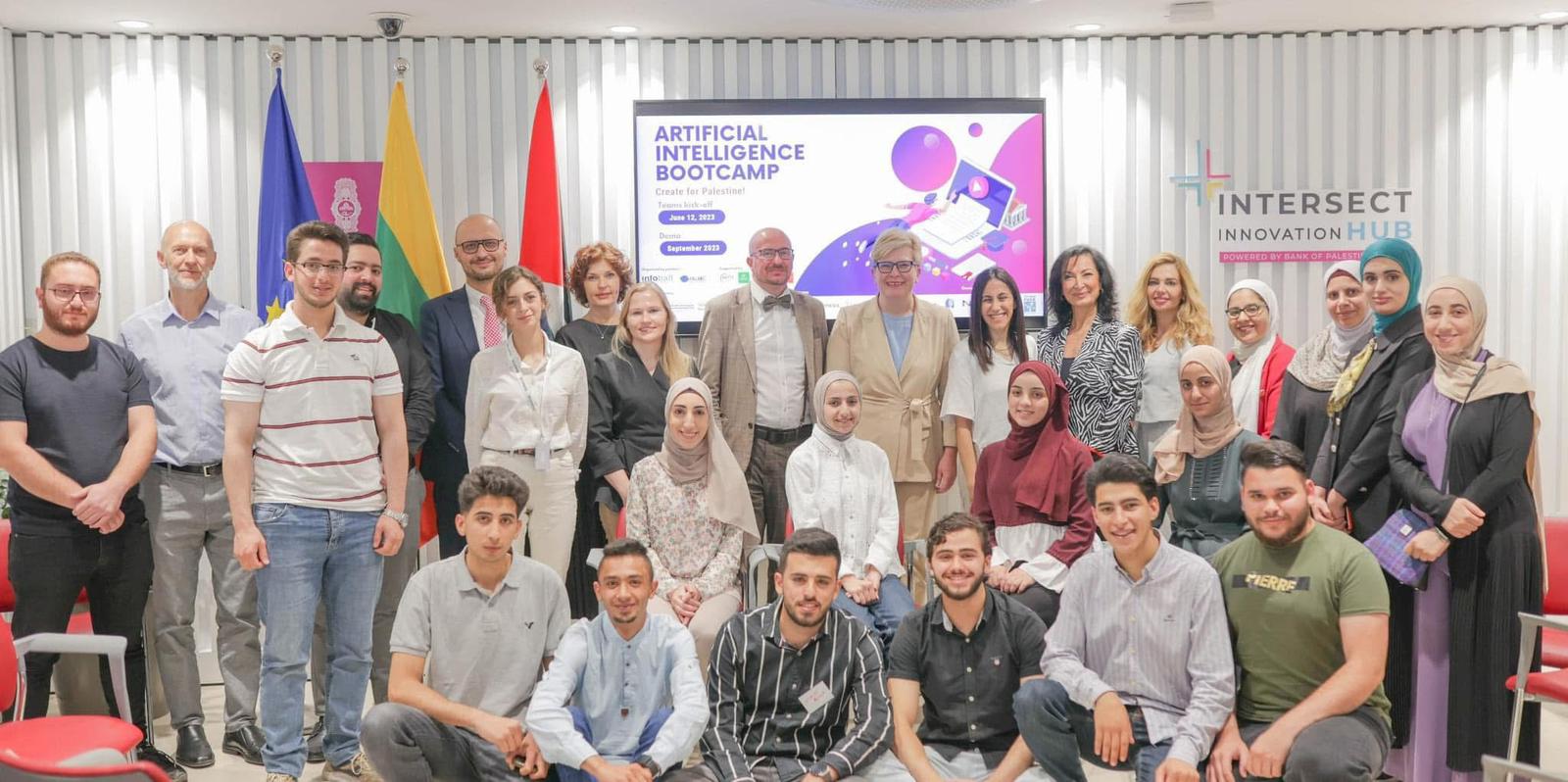
That must have been frustrating. How did you address that?
Mona: I noticed that while my male colleagues were confident and supportive of each other, the women often held back. I started pushing for us to support each other’s ideas—even if they seemed minor. Over time, this helped shift the department’s culture. Just three years ago, the department started being more receptive to our input. It has been a collective effort of advocating for one another and fostering a more supportive atmosphere.
It sounds like you’ve created a strong support network. What advice would you give to young women just starting out, especially those doubting if they have what it takes?
Mona: Find your tribe. Surround yourself with people who believe in you and lift you up. Keep pushing forward, even when it feels like you’re the least experienced one in the room. That support network can make all the difference between giving up and breaking through. What I’ve learned is that as you grow in your career, the challenges only get tougher. But you have to find a way to keep going. Don’t be afraid to ask for help or seek mentorship—those are tough skills to master, but they’re essential for growth.
You’ve spoken a lot about the importance of mentorship. Can you share an experience that shaped your views on supporting women in the workplace?
Mona: One of the first things that really made me see this was when I tried to nominate some brilliant females to continue their studies, to do their masters. I went to the head of the department and said, “You have these three brilliant females, let’s nominate them.” And do you know what he told me? He said, “I don’t believe females should continue their studies.” I was in shock.I already had a PhD in Europe, so I couldn’t understand how we were on the same level, but he thought there was an issue. I realized that for some people, it’s hard to see more women in this field.
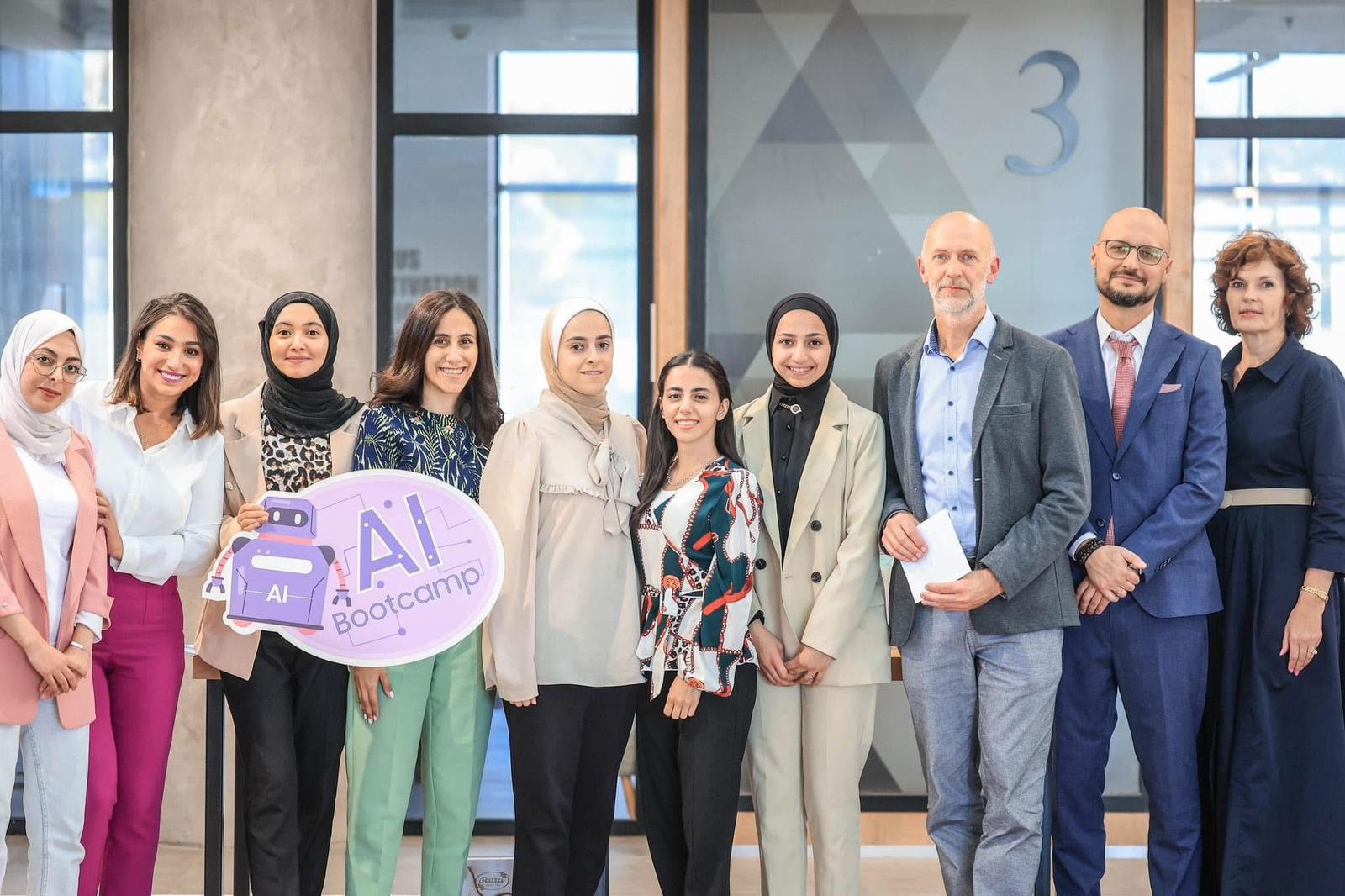
That must have been a tough realization. How did that experience shape your path moving forward, especially in leadership roles?
Mona: Exactly. It was a turning point. Shortly after, the president of the the University was looking for a new head of the computer engineering department. I recommended a brilliant professor—a woman with a PhD from France—though I didn’t expect much to come of it. But two weeks later, she was appointed head of the department. That moment made me realize the power of elevating women—it’s essential for change. It also taught me that supporting others isn’t always easy, and sometimes resistance can come from unexpected places—even from other women.
Thank you for sharing that, Mona. To wrap up, I always ask people to share something about their country. I know this is a sensitive time, but what would you like the world to know about Palestine?
Mona: What I want people to know is that Palestine is full of brilliant people, full of resilience. Even in these tough times, we’re participating in international exhibitions; we’re showing up for activities. The young generation here is incredible, and they keep me going. We’re not going anywhere. And I can’t wait for the world to see what we’re capable of. Once the war on Gaza stops, you should come visit my home city Nablus. We have the best Kanafeh—you won’t regret it!
Thank you, Mona. Your words are truly inspiring. You’ve given us so much to think about.
Connect with Mona
If you wish to connect with Mona and learn more, seek advice, or share similar experiences, feel free to reach out to her via LinkedIn.
